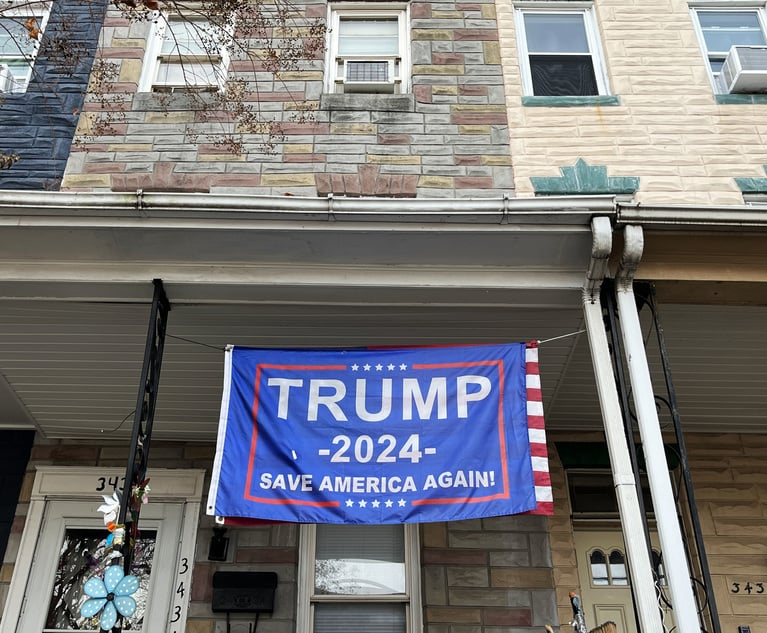N.J.S.A. § 52:17A-4(c) provides that the attorney general, through the Division of Law, “shall exclusively attend to and control all litigation and controversies to which the State is a party or in which its rights and interests are involved.” Despite that facially unambiguous allocation of power, there have been frequent instances in which the state Legislature, through its officers and by its own counsel, has been granted party-intervenor status—with all the attendant rights and prerogatives—in a matter in which the state or a state agency is the defendant, even though the attorney general has entered an appearance and should, according to the statute, “exclusively attend to and control” the litigation on behalf of the state.
Thus, intervention by the Senate president and Assembly speaker was permitted by the federal district court in Waterfront Commission of New York Harbor v. Murphy, in which the court recently struck down the state legislation by which New Jersey is attempting to withdraw unilaterally from an interstate compact with New York. Intervention by the same officers was also permitted in NCAA v. Christie, the well-known “sports betting” case. And most recently, the Senate president and Assembly speaker have moved to intervene in Americans for Prosperity v. Grewal, No. 19 Civ. 14228, challenging the constitutionality of S-510, the “dark money disclosure” law, after the district court issued a preliminary injunction against enforcement of the statute, citing likely First Amendment infirmities.


 New Jersey State House
New Jersey State House




